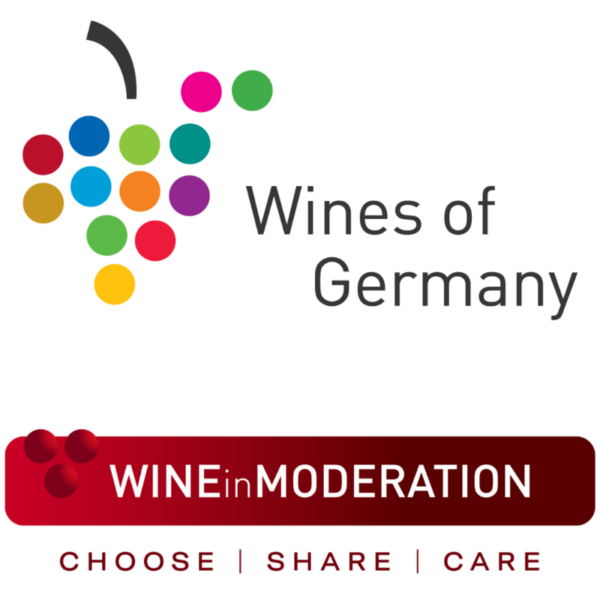There’s hardly any better feeling than buying a bottle of wine, pouring yourself a glass, and knowing that each sip supports sustainability efforts in wine production. Sustainability is more than a trend; it’s a driving force in society and businesses. For winemakers in Germany and elsewhere, this means producing wines that sustain the industry for future generations of wine lovers and winemakers.
Sustainable wines come in many forms and are often associated with organic, biodynamic, or natural wines, although there are some important distinctions between these. While you might see these terms being used in tandem, there are some key differences between these winemaking philosophies, which are practiced throughout Germany’s 13 wine regions.
Let’s break down the main sustainability terms and philosophies in viticulture, so you can better understand the purpose behind your wine purchase.
